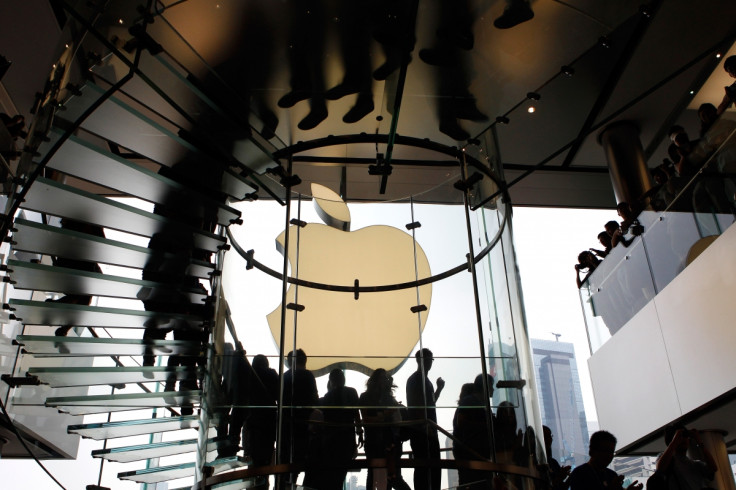Apple iTunes Movies and iBooks go dark in China, could signal souring relations ahead

Apple's iBooks Store and iTunes Movies were shut down in China last week at the request of the government after the country introduced strict regulations in March on online publishing and content, particularly for foreign firms. The move cames six months after the services were launched across China with the government's blessing.
The services were suspended following meetings with the country's video and publishing regulator, the State Administration of Press, Publication, Radio, Film and Television, two people familiar with the matter told the New York Times.
"We hope to make books and movies available again to our customers in China as soon as possible," an Apple spokeswoman said in a statement. It is unclear whether the shutdown will extend to Apple's other services such as its App Store, Apple Pay payment service or Apple Music, which are still operating for now.
News of the sudden closure have hit the tech industry particularly hard, given the Cupertino giant's previous success in China.
Apple's China expansion
China is Apple's second-largest market after the Americas and its fastest-growing market in recent quarters. During the fourth quarter of 2015, Apple made $18.4bn (£12.78bn) in revenue in China, most of which were generated from iPhone sales and a decent portion from App Store downloads. Apple also reported 99% year-over-year revenue growth in the country.
Although it has only been six months since the launch of Apple's iBooks Store and iTunes Movies services in China, they are still revenue generators that encourage customers to keep coming back to its devices and are crucial to the Apple experience. The service's absence of such services could significantly hurt device sales. Chinese customers are already seeking refunds on their iBooks and iTunes Movies purchases.
In 2013, Apple signed an agreement with China's largest wireless carrier, China Mobile, to sell the iPhone across the country. Unlike many other American companies who have struggled to find a foothold in China, Apple continued to make inroads in the market, introducing its mobile payment system Apple Pay in February.
Facebook, on the other hand, continues to be blocked in China while Microsoft and Qualcomm were targets of antitrust investigations in 2015. Other companies such as Cisco and International Business Machines saw sales slide after Edward Snowden's disclosure of US National Security Agency spying in 2013.
Apple souring for China?
China's pushback against Apple, however, signals that the relationship could go south as Apple proves vulnerable to the Communist nation's heightened security as well.
"It feels like the Chinese government is flexing its muscles and reminding Apple that it's in charge," Jan Dawson, chief analyst at Jackdaw Research, told the Wall Street Journal. "Despite Apple's success in China, it can't count on doing business in an unfettered way."
In recent years, Chinese president Xi Jinping has amped up Internet censorship and cracked down on foreign influences, saying the country "must improve management of cyberspace and work to ensure high-quality content with positive voices creating a healthy, positive culture that is a force for good".
During the second half of 2015, Chinese authorities reportedly sent over a thousand requests to Apple to provide encrypted data from user devices. Earlier this week, Apple general counsel Bruce Sewell told Congress that the Chinese government asked for Apple's source code in the last two years, but Apple refused to do so. The US also recently called China's internet censorship a trade barrier in a report for the first time since 2013, saying hardening online restrictions are damaging US companies' business.
Apple's FBI battle
Apple's recent battle with the FBI over unlocking an iPhone to aid a terrorism investigation would not have gone unnoticed by Chinese authorities as well. In December, China passed a controversial anti-terrorism law requiring companies to assist with decryption whenever police or state security agents demand it during investigations. Apple's refusal to comply could complicate matters and result in tougher rules on the company imposed by Chinese authorities.
The closure also comes just as Apple prepares to announce its earnings next week amid concerns from experts about iPhone saturation in developed markets. Apple will release its second-quarter results on Tuesday, 26 April.
© Copyright IBTimes 2024. All rights reserved.





